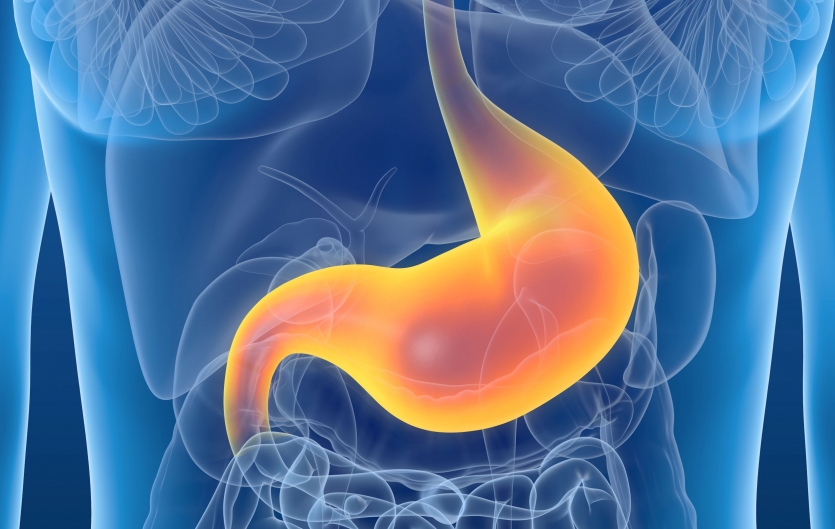There was no effective drugs to treat peptic ulcers before the 1970s. There was used to drink soda or milk to treat stomach pains, and even treated them by surgical removal of their stomachs. After the doctors figured out the cause of peptic ulcer which is believed causing by excessive gastric acid production. Then they have invented the gastric acid secretory inhibitors (such as ranitidine, cimetidine, omeprazole.). Taking oral medicine to cure peptic ulcer has become very easy.
However, there are another problem arising. Although most patients can heal their ulcer within 1 to 2 months after taking the medicine, they will recur easily. Over 70% of patients relapse ulcers within one year after stopping the drug. Some patients even recurred every year.
Until the 1990s, the peptic ulcer was understood further more. It was discovered that in addition to excessive gastric acid. The cause of ulcer was also infected with a special kind of bacteria (Helicobacter pylori) in the stomach. Afterward there was explored to eliminate Helicobacter pylori in the stomach.
Studies have found that over 70% of patients with gastric ulcers and over 95% of duodenal ulcers are infected with Helicobacter pylori. After regular treatment and removal of bacteria in the gastrointestinal tract, the recurrence rate of peptic ulcer has dropped from more than 70% to less than 5%. Therefore, the key to solving the recurrence of peptic ulcer is to eliminate Helicobacter pylori for most patients.
The following advices should be noticed in the treatment of peptic ulcer and prevent the recurrence:
1. Clarify the etiological diagnosis of peptic ulcer via gastroscopy and standardized treatment. Without the gastroscopy, it is difficult to distinguish peptic ulcer, chronic gastritis, dyspepsia and cholecystitis based on symptoms alone. The treatment ways for each disease are different.
2. After the diagnosis is confirmed, the patient should adhere to the course of treatment (generally 6 to 8 weeks for gastric ulcer and 4 to 6 weeks for duodenal ulcer). The gastric acid secretory inhibitors are effective. The symptoms are eliminated by taking the drugs once or twice. Many patients will stop taking the medicines when the symptoms disappeared. In fact, the course of treatment is insufficient and the ulcer is not healed.
3. Determine the presence of Helicobacter pylori infection as soon as possible and prevent the treatment mistakes. Using standardized and effective antibacterial treatment plan to avoid causing bacterial resistance.
4. Long-term medication is not recommended. There are some patients take the gastric acid secretory inhibitors for many years to prevent the recurrence of ulcers. However, there is no evidence that prolonging the medication time can prevent the recurrence of ulcers. As long as Helicobacter pylori is present, it is still easily relapse after stopping the drug.
5. Patients should change their bad lifestyle. Such as tobacco and alcohol habits, irregular meals, staying up late, long-term emotional stress and anxiety. There is no clear evidence show that spicy foods will aggravate ulcers. The patient's diet is kept soft and easy to digest.
6. Using the drugs (such as NSAIDs) that induce or aggravate the ulcer carefully.








0 comments:
Post a Comment
Welcome to leave your comment.٩(⚙ᴗ⚙)۶